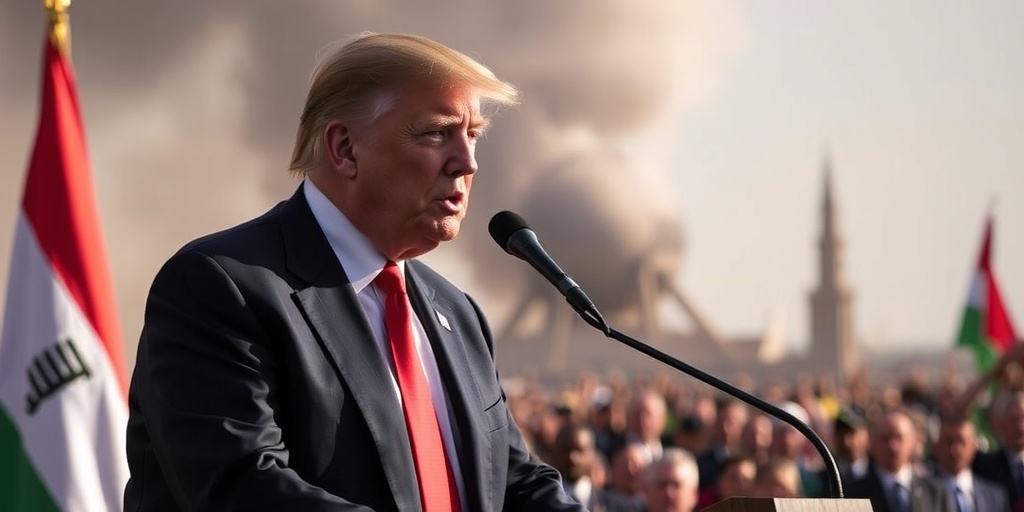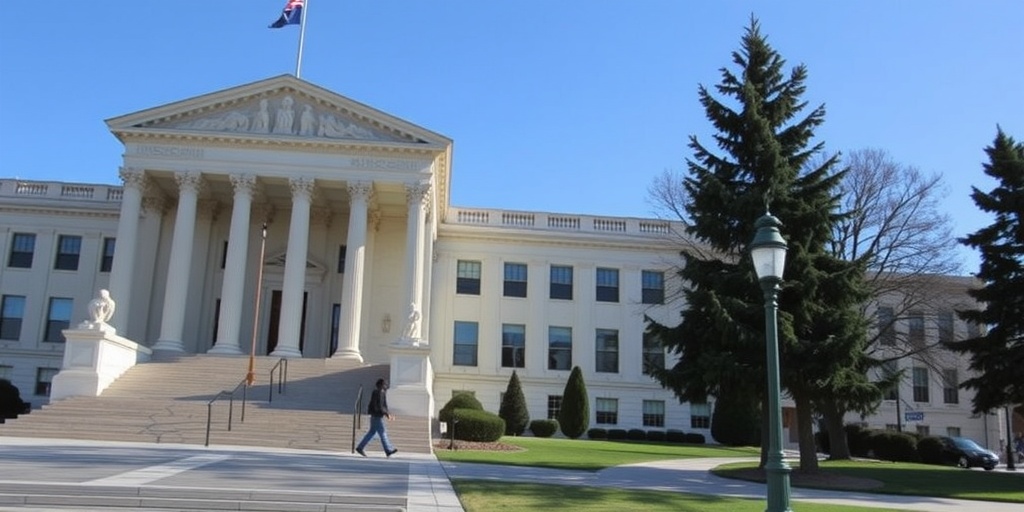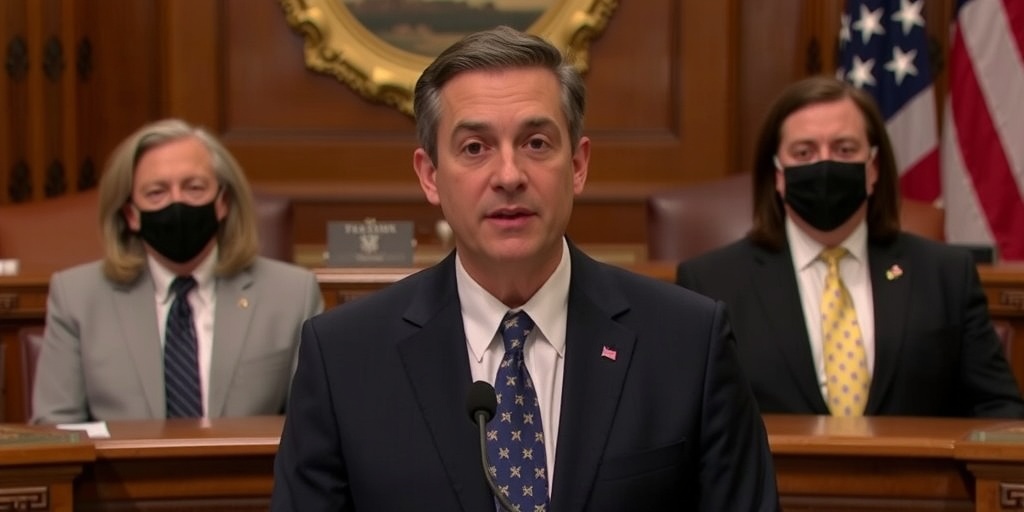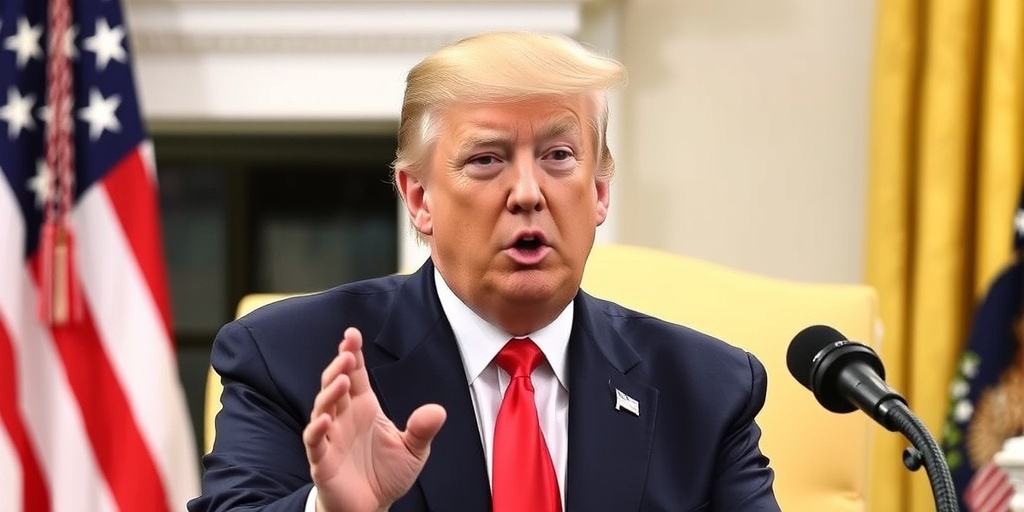Now Reading: Trump Threatens Aid Cuts to Jordan and Egypt Over Gaza Plans
-
01
Trump Threatens Aid Cuts to Jordan and Egypt Over Gaza Plans
Trump Threatens Aid Cuts to Jordan and Egypt Over Gaza Plans

Trump Proposes Permanent Relocation of Palestinians from Gaza Amid Tensions with Key Allies
In a controversial statement made on Monday, President Donald Trump announced that he could potentially cut aid to Jordan and Egypt if they do not agree to permanently accept a significant portion of the Palestinian population from Gaza. This bold suggestion marks an escalation in pressure on these pivotal Middle Eastern allies to support his plan for the complete relocation of Palestinians, with the ultimate goal of redeveloping the territory.
During a press briefing in the Oval Office, held just one day prior to his scheduled meeting with Jordan’s King Abdullah II, President Trump stated his position unambiguously. “If they don’t agree, I would conceivably withhold aid,” Trump asserted. Both Jordan and Egypt have already categorically rejected the notion of resettling Palestinians, a stance that could heighten tensions in the region.
Mr. Trump has insisted on the forced relocation of approximately two million Palestinians, a proposition that has raised alarm among various scholars and human rights advocates who assert that such actions could amount to war crimes or ethnic cleansing. In an interview with Fox News, Trump indicated that he envisions a future where those Palestinians relocated from Gaza would not be allowed to return. "No, they wouldn’t have the right to return," he stated when asked about the possible return of Palestinians post-redevelopment.
The President appeared optimistic about negotiating settlements with Jordan and Egypt regarding the resettlement of the displaced population. “I think I could make a deal with Jordan. I think I could make a deal with Egypt,” he claimed, revealing his intent to solidify arrangements that align with his plans during the meeting with King Abdullah.
Trump’s proposal has sent shockwaves throughout the Middle East and is expected to dominate discussions during his talks with the Jordanian leader, especially given the rising tensions in the region. In an additional statement, Trump warned that if Hamas did not release all Israeli hostages by mid-Saturday, the cease-fire agreement with Israel should be rescinded, forewarning that “all hell is going to break out.” Nevertheless, he acknowledged that the decision to continue or end the ceasefire rests ultimately with Israel.
The implications of Trump’s relocation plan are particularly perilous for King Abdullah, whose kingdom is home to a large population of Palestinian descent. Current estimates suggest that over half of Jordan’s population is Palestinian, raising concerns about the already delicate balance of societal tensions within the nation. Analysts have pointed out that Trump’s insistence on moving Palestinians into Jordan could trigger a domestic crisis for the King. Khalil Jahshan, the Executive Director of the Arab Center in Washington D.C., expressed that “the strongest political movement in Jordan does not accept the idea that Jordan is Palestine,” underscoring the sensitive political landscape.
Adding to the complexity, King Abdullah was expected to meet with Steven Witkoff, Trump’s special envoy to the Middle East, who recently made a rare visit to Gaza. This trip underscored the U.S. administration’s commitment to its controversial plans in the war-torn region.
Trump’s willingness to exert pressure on essential regional partners suggests a steadfast resolve to pursue his vision of U.S. dominion over the Gaza territory and the undertaking of Palestinian displacement. In his expansive interview with Fox News anchor Bret Baier, Trump elaborated on his plans to relocate the Palestinian population to neighboring countries.
“We’ll build safe communities a little bit away from where they are where all of this danger is,” Trump remarked. He likened the initiative to a real estate development project, envisioning a transformed geographic area as a beautiful piece of land. Once relocated, he promised the Palestinians would enjoy “much better housing” than what they currently experience in Gaza and emphasized their lack of need to return to their original homes. “I’m talking about building a permanent place for them,” he stated, adding a layer of permanence to his controversial relocation strategy.
As the situation unfolds, the international community watches closely, awaiting Jordan’s response and the potential ramifications of Trump’s audacious proposals. The upcoming interactions between the U.S. and key Middle Eastern allies could prove pivotal in shaping the future landscape of Palestinian territory and its residents.
Stay Informed With the Latest & Most Important News
Previous Post
Next Post
-
 01New technology breakthrough has everyone talking right now
01New technology breakthrough has everyone talking right now -
 02Unbelievable life hack everyone needs to try today
02Unbelievable life hack everyone needs to try today -
 03Fascinating discovery found buried deep beneath the ocean
03Fascinating discovery found buried deep beneath the ocean -
 04Man invents genius device that solves everyday problems
04Man invents genius device that solves everyday problems -
 05Shocking discovery that changes what we know forever
05Shocking discovery that changes what we know forever -
 06Internet goes wild over celebrity’s unexpected fashion choice
06Internet goes wild over celebrity’s unexpected fashion choice -
 07Rare animal sighting stuns scientists and wildlife lovers
07Rare animal sighting stuns scientists and wildlife lovers





















